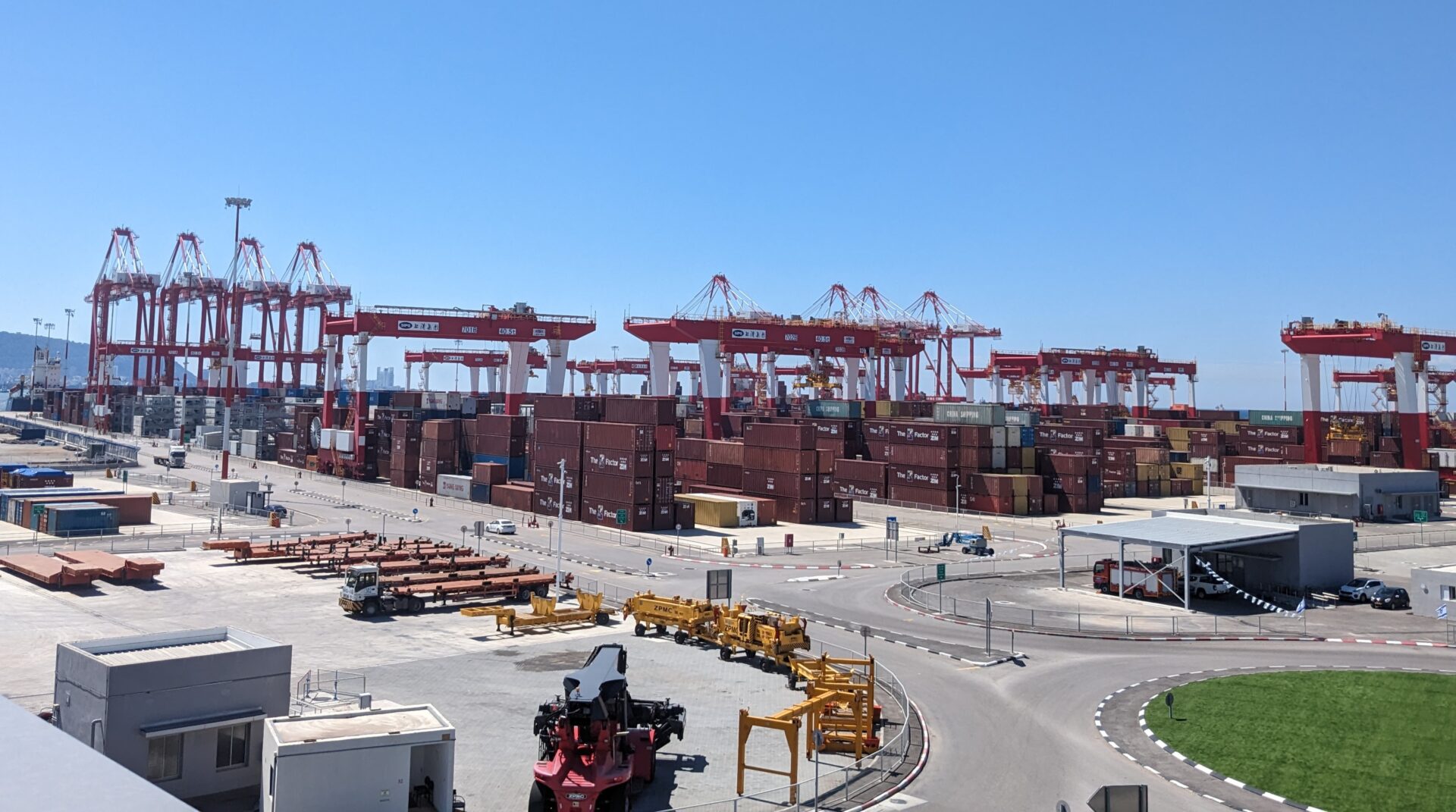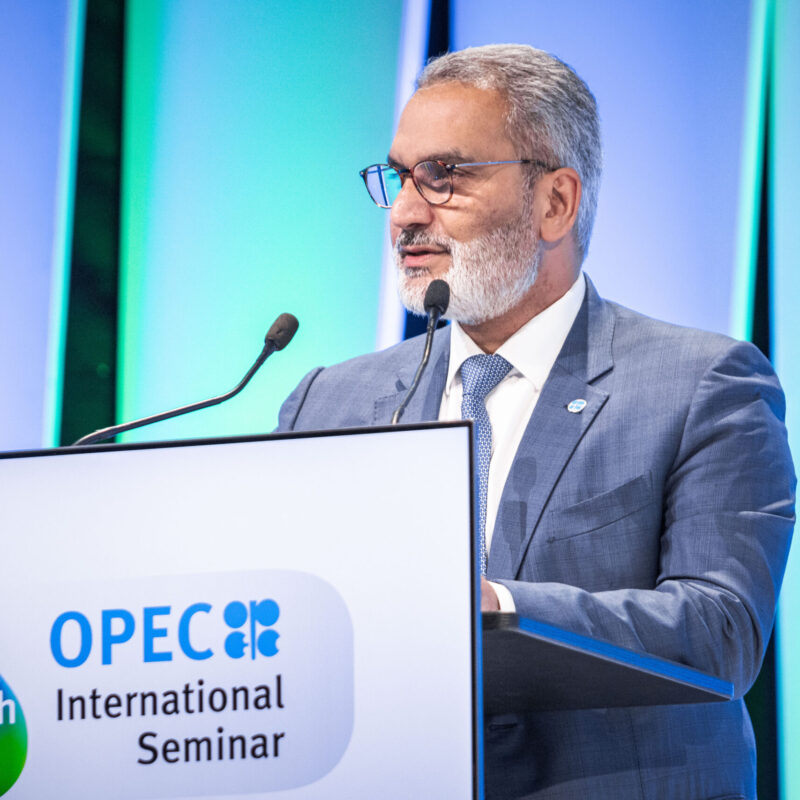
China’s tech-driven port in Haifa aims for interconnected Mideast
Vision of regional transportation network attracted Shanghai company, which opened terminal in 2021 and now handles 14% of Israel’s container traffic
HAIFA, Israel – Commercial ports are usually a cacophonous jumble of clanging metal, screeching chains and yelling dock workers engaged in a race to unload massive container ships. But the barely two-year-old Haifa Bayport run by the Shanghai International...



